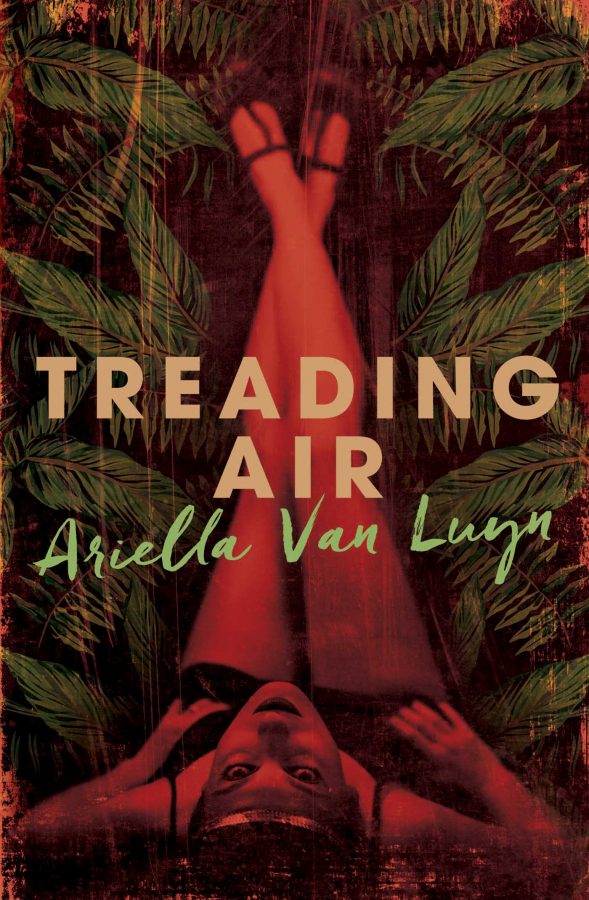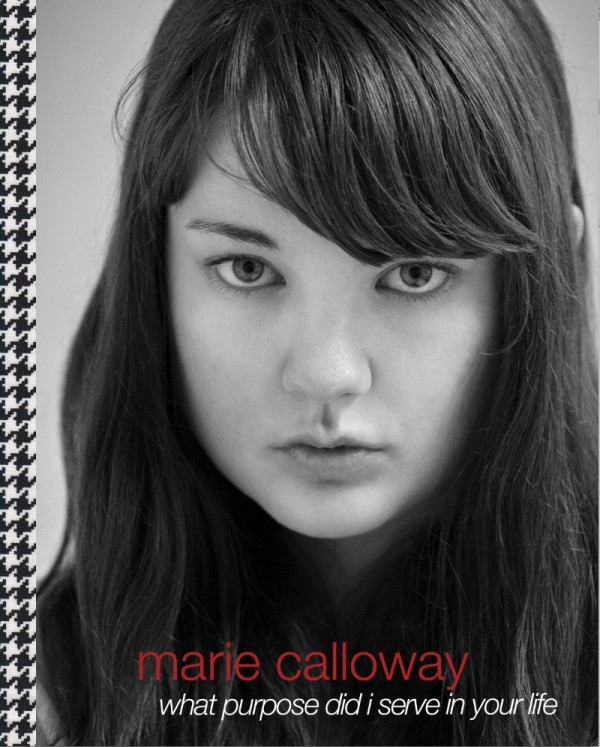I Heart Sex Workers (2012)
This post was removed at the author’s request.
This post was removed at the author’s request.
 I’m putting my eyeliner on, but when Diamond, who’s next on stage says, “Hey can I check my shit?” so I move over to give her space at the mirror. She pulls down her panties, she bends over, ass side to the mirror, spreads her cheeks, looks through her legs at the mirror, checks, straightens up, straightens her panties and walks out of the dressing room.
I’m putting my eyeliner on, but when Diamond, who’s next on stage says, “Hey can I check my shit?” so I move over to give her space at the mirror. She pulls down her panties, she bends over, ass side to the mirror, spreads her cheeks, looks through her legs at the mirror, checks, straightens up, straightens her panties and walks out of the dressing room.
If you haven’t guessed, I’m a stripper in an all nude club. Strippers need to “check their shit” because they show their “shit.” Since I see my coworkers’ vaginas on a pretty regular basis, I’ve learned there’s nothing regular about vaginas and I’ve been on a personal mission to convince women of all occupations that their non-regular vaginas are plain normal. Hence, I was thrilled to be getting a book all about vaginal diversity.
 As a sex worker and a fairly enthusiastic reader, I’ve come across so few of our stories told in fiction—and very few set in my own country of Australia. So when I recently discovered Ariella van Luyn’s 2016 novel Treading Air, I was instantly intrigued. It had a fascinating historical premise and a sex worker protagonist, Lizzie O’Dea. Unfortunately, it wasn’t what it could have been: although van Luyn had clearly done some research and tried to humanize Lizzie’s portrayal, so many bad clichés about sad sex workers crept into her story that it totally ruined the book for me.
As a sex worker and a fairly enthusiastic reader, I’ve come across so few of our stories told in fiction—and very few set in my own country of Australia. So when I recently discovered Ariella van Luyn’s 2016 novel Treading Air, I was instantly intrigued. It had a fascinating historical premise and a sex worker protagonist, Lizzie O’Dea. Unfortunately, it wasn’t what it could have been: although van Luyn had clearly done some research and tried to humanize Lizzie’s portrayal, so many bad clichés about sad sex workers crept into her story that it totally ruined the book for me.
We first meet Lizzie O’Dea in 1943, confined in a lock hospital in Brisbane, Queensland, waiting for her husband to be released from prison after nearly twenty years. The novel alternates between focusing on O’Dea’s story in 1943 and a series of events in the regional port town of Townsville in 1923 and 1924 that would alter the course of her and her husband’s lives.
The decision to set part of the book in a lock hospital in Queensland immediately caught my attention. By Australian standards, Queensland had notoriously draconian controls on sex workers in the latter half of the nineteenth century —although substantive parts of the law remained in place well into the twentieth century as well. Under the Queensland legislation (which was based on a broader version of the English Contagious Diseases Act), sex workers were required to register with police and forced to undergo fortnightly medical checks. If a doctor deemed them to be “diseased”, they were sent to a lock hospital in the state’s main prison to receive treatment, sometimes for long periods of time. It was a system which produced plenty of horror stories, yet it’s largely unknown today. I was curious to see what kind of light van Luyn would shine on on that chapter of history. I should have known that it would turn out to be one more twist on the premise that a sex worker’s story always ends badly.
Much of the first quarter of Treading Air centers on Lizzie’s courtship with future husband Joe, whom she meets at a Brisbane racetrack in 1923. Lizzie is the daughter of an illegal bookmaker and unenthused with her options in life. They promptly marry, moving to Townsville in North Queensland when Joe gains a job as a meat worker. Joe soon loses this job after an industrial accident, and Lizzie, fed up with being back in poverty, accepts an offer to work for a madam she knows. I enjoyed this section of the book: Lizzie’s portrayal felt familiar, the historical details about how her brothel operated made sense, her reasons for entering into the industry were pretty standard, and her first clients were ordinary clients.
And so, I’m happily reading this book when I come across this sentence, not long after Lizzie begins working: “So she reinforces her demeanor of gentleness and politeness. A man can do anything—pick his nose with one hand, hold his cock with the other; piss on her [emphasis mine]; cry and snot on her – and she doesn’t move. They like her for it.”
I thought “wait, what?”. I read this passage out loud to a friend over the phone to ask if it was as fucked up as I thought it was. Her spluttering down the line told me that it was.
 Prior to the publication of her debut novel, Marie Calloway was best known for the stories “Adrien Brody” and “Jeremy Lin.” There’s been a lot of commentary on the sexual themes in Calloway’s text, but no discussion by sex workers of Calloway’s treatment of her month escorting in London. Charlotte Shane and Caty Simon rushed to fill that void.
Prior to the publication of her debut novel, Marie Calloway was best known for the stories “Adrien Brody” and “Jeremy Lin.” There’s been a lot of commentary on the sexual themes in Calloway’s text, but no discussion by sex workers of Calloway’s treatment of her month escorting in London. Charlotte Shane and Caty Simon rushed to fill that void.
Caty: I guess I should start with full disclosure: I have chatted a bit over the past few months with Marie Calloway on the internet and she seems to be really sweet for a literary enfant terrible. But I didn’t know her from Adam when I first read her work in 2011.
Charlotte: I feel strangely protective of her in spite of never having met or corresponded with her. So it’s good to air out our biases.
Caty: I’d like to focus on the parts of her book examining sex work, because otherwise we could be here all day having the same debate that’s consumed the rest of the media about whether she’s a worthless narcissist whose very existence is endemic of essential problems with confessional writing, women and sex, and internet culture, or whether she’s a brave, feminist descendant of Bataille and Jean Rhys, who galvanizes strong responses from her readers because people are uncomfortable with her brilliance and…blah blah blah, you know where this is going.
Charlotte: Right, we’ll stay limited to T&S relevant moments.